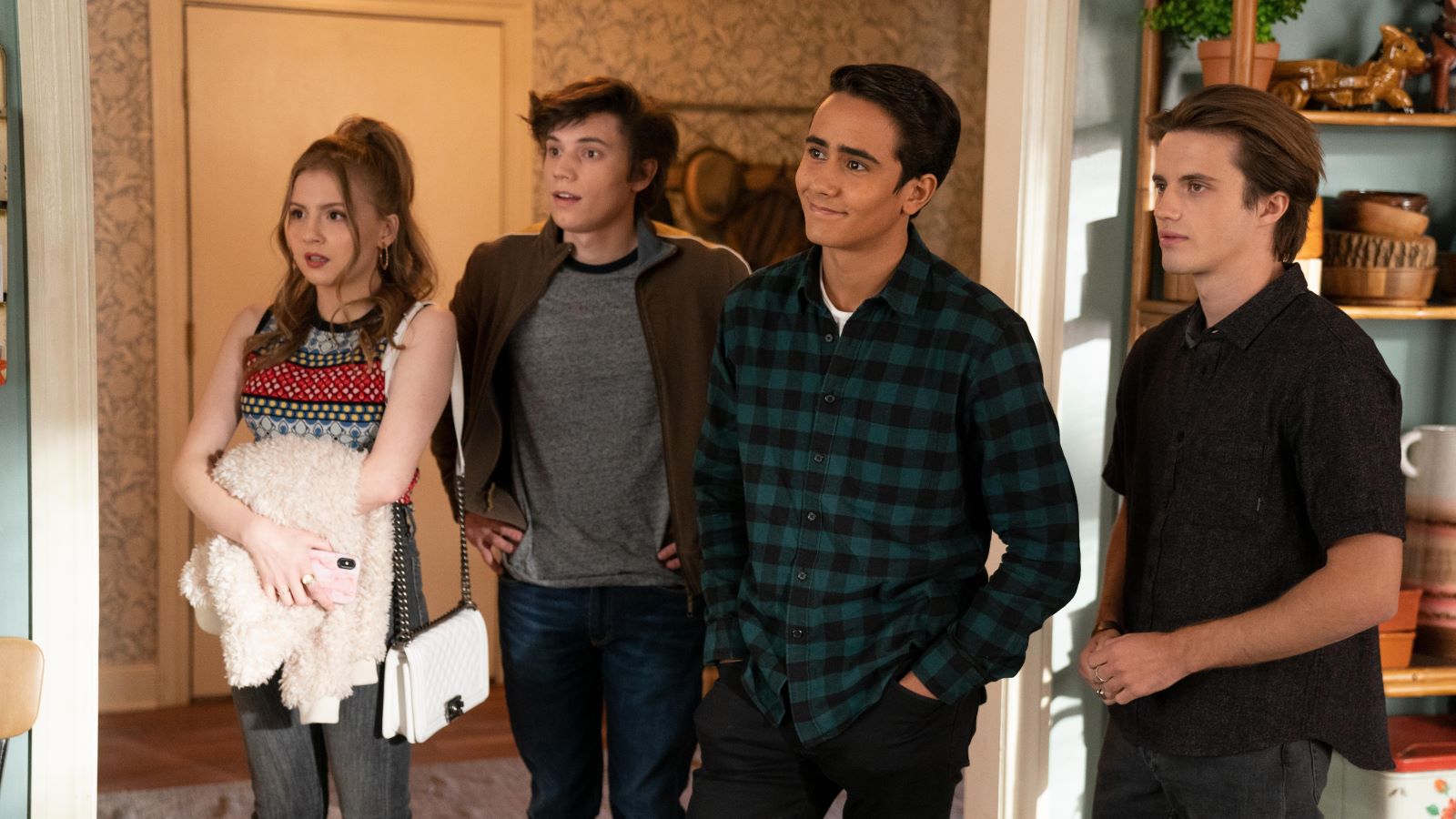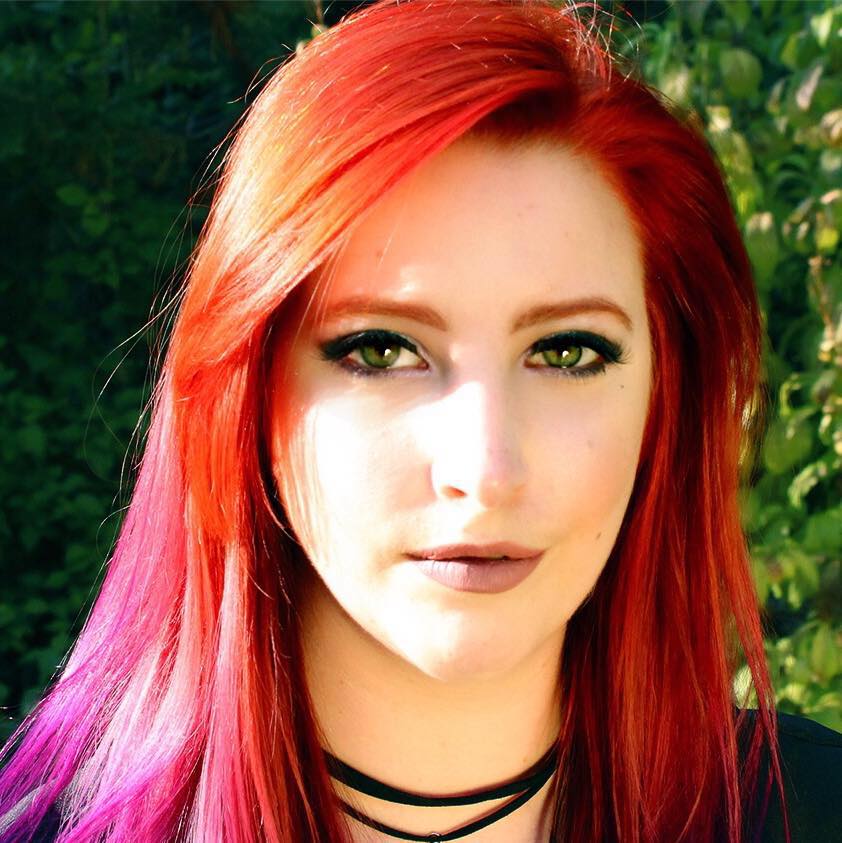What to Watch Verdict
Love, Victor definitely sees a bit of a second season slump, but it's not bad enough that it should deter fans of season 1 from checking out what it has to offer.
Pros
- +
🏳️🌈 Felix's story remains the best two years running
- +
🏳️🌈 An engaging enough teen story that avoids some predictable tropes (and dives headfirst into others)
- +
🏳️🌈 Armando and Isabel both get great stories this season
Cons
- -
🏳️🌈 Death to love triangles
- -
🏳️🌈 Everyone is given a personality but Victor
- -
🏳️🌈 Though not overlong, there's too harsh of a difference between episodes 1-5 and 6-10
This post contains mild spoilers for Love, Victor season 2. Read our Season 1 review here.
If there was a theme to Love, Victor season 2, it would be the idea that the grass isn’t greener on the other side, it’s greener where you water it. This chapter spans across ten episodes and highlights several splitting relationships. The heads of the Salazar house see their marital strife carry over from last season, but we’ll see other fractures start to splinter out from their familial problems as the story progresses. Though it’s not necessarily unexpected — this is a teen show, after all — the respective stories are all told to varying degrees of success.
While we technically pick things up directly after Victor (Michael Cimino) tells his parents that he’s gay, we don’t spend much time in the moment. After the family has their immediate reactions, we hop to the end of the summer with the kids all living out their respective dreams. Victor and Benji (George Sear) couldn’t be happier, Lake (Bebe Wood) and Felix (Anthony Turpel) are madly in love, and Mia (Rachel Hilson)... well, Mia’s having a no good very bad time in the beginning of the season, but the two couples are loving life!
Their magical summer comes to an end with Victor and Benji convinced that they’re going to head into the school year out and proud, but Victor (and Isabel Salazar — Victor’s Mom — played by Ana Ortiz) manage to get in his head before he can delightfully proclaim his sexuality for all of his high school to hear. Much of the first five episodes of Love, Victor season 2 will focus on this and issues like it. Even better, it’s largely successful in the conversations that it means to have. Throughout everything, the biggest standouts are the moments Victor has both with teammates on the basketball team and judgements from the town’s own queer community.
Of the swings Love, Victor season 2 takes, deciding to make Victor’s mom the least accepting parent is the most impressive. We’ve seen the bigoted dad story told so many times in media. Allowing Armando (James Martinez) to struggle but still do his best to accept his son early on gives the series the chance to explore the matronly side of things, especially the issues rooted in religion. I won’t spoil her journey, but Isabel is given much more to do this year and Ortiz plays the role perfectly. Now that their marital struggles fit more in with the story rather than the previous plague of the unseen cheating specter, Isabel and Armando’s progress feels a lot more earned than it has in the past.
It feels wrong to say, given that Love, Victor is very much a queer story, but the most real (and sometimes most frustrating) teen story produced out of Season 2 ends up being between Lake and Felix. They’re forced to take on more than teens ever should, and the result may or may not end up catastrophic for their relationship. The moments that come out of that are both heart wrenching and extremely worthwhile and seeing a teen show manage to subvert the traditional best friend subplot is refreshing to say the least. I want to say that at least Victor and Benji come in at a close second, but those accolades go to Mia and whatever this new, progressive version of Andrew (Mason Gooding) is. There are plenty of queer aspects that this series does well, and there’s a good amount of accuracy to Victor and Benji, but the story relies too much on them being a combination of relatable moments rather than people with personalities.
In case the last two paragraphs weren’t a strong enough indicator, I regret to inform you that Victor himself actually ends up being the least engaging part of his own show. The series most certainly excels at creating an ensemble, and Cimino definitely brings it in a few punchier moments of the season. It can just be hard to get behind the constant sad-sackiness of Victor Salazar and all of his woes. Even more frustrating is the fact that when he is finally taken to task for that behavior, it’s written in a way that you’re meant to be defensive of him rather than celebrating the call out. We’re on your team, Victor. We just need the writers to give you a personality at some point. The protagonist’s overall blandness is meant to be juxtaposed against newcomer Rahim’s (Anthony Keyvan) flamboyance, but Victor’s problem has never been that he’s not “gay enough.” His problem is that he is written to have the personality of a wet potato chip most of the time.
The latest updates, reviews and unmissable series to watch and more!
Love, Victor most definitely suffers from a bit of a second season slump. Love triangles are lazy, and there are far too many of them going down in season 2. However, it's not a harsh enough dip that it should deter folks from picking up where they left off with the Salazar family. Folks who enjoyed Season 1 will find plenty to love in this most recent chapter. The ensemble is great, but even if you for some reason don't find yourself caring about the other characters, the Salazar family story alone is enough of a reason to take the time to binge this new chapter.
Amelia is an entertainment Streaming Editor at IGN, which means she spends a lot of time analyzing and editing stories on things like Loki, Peacemaker, and The Witcher. In addition to her features and editorial work, she’s also a member of both the Television Critics Association and Critics Choice. A deep love of film and television has kept her happily in the entertainment industry for 7 years.


